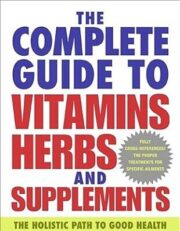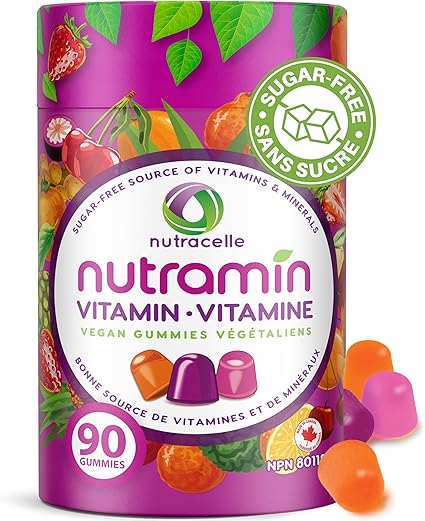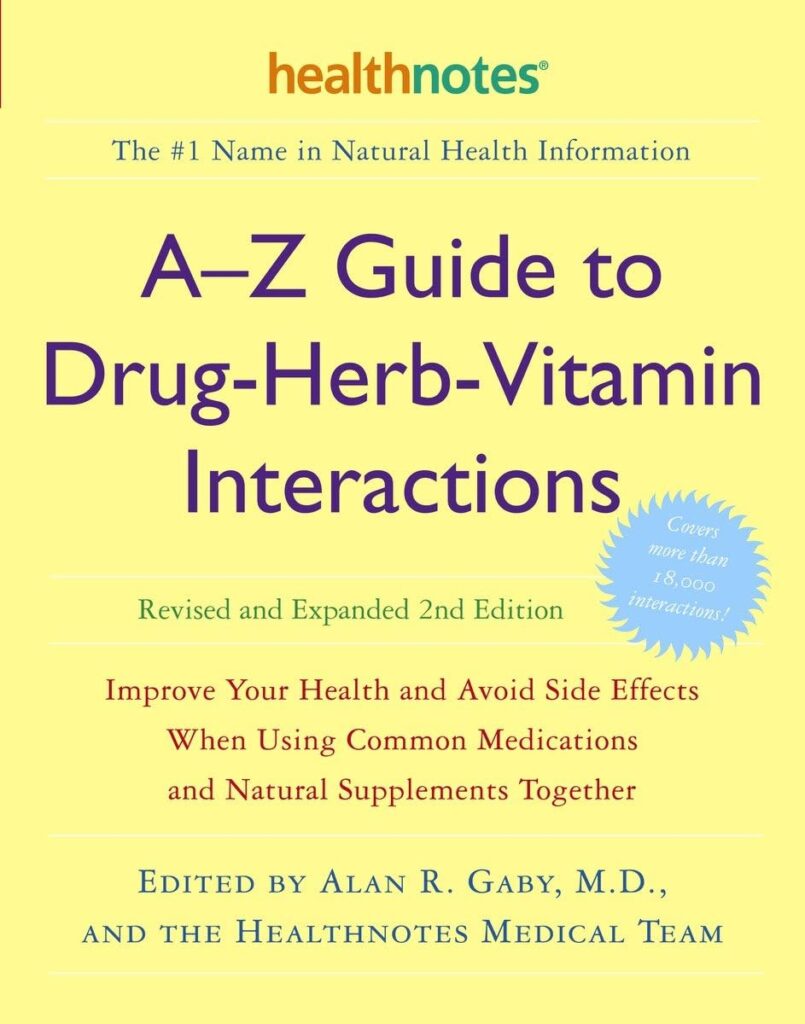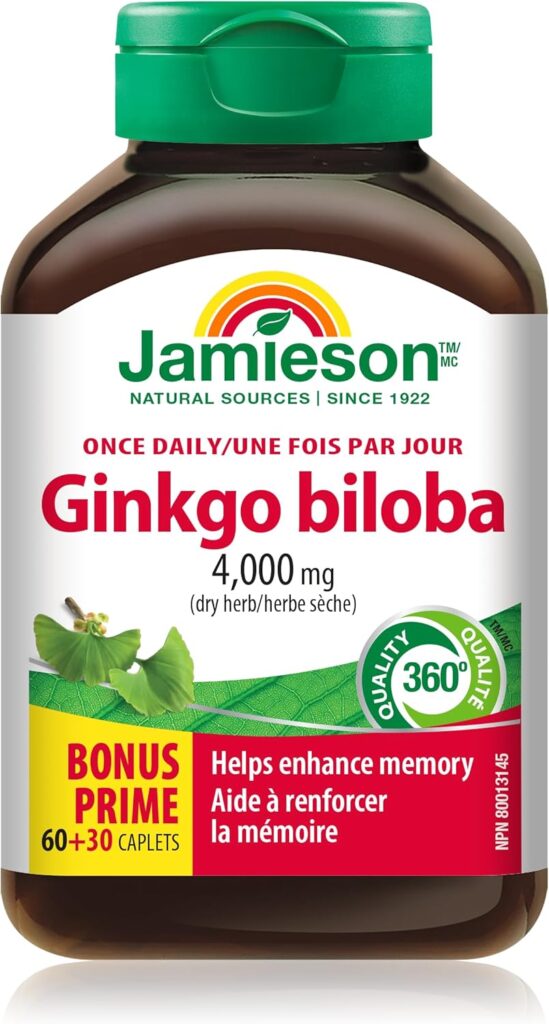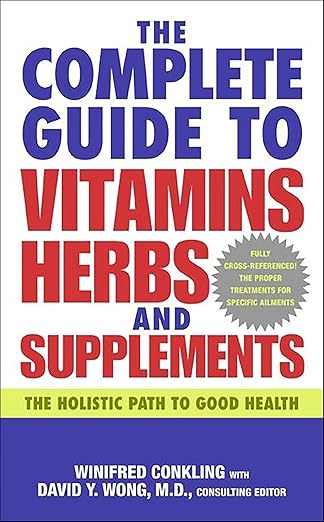Worried about vitamin deficiencies as you age? Discover the best vitamins for seniors, how to avoid common health risks, and tips to boost energy, immunity, and brain health.
Just because it is “natural” does not mean it is harmless — especially if you’re over 60 and taking meds. Supplements can be super helpful, but some seniors (and a few caregivers!) make common mistakes that mess with medications, energy levels, or even digestion.
A few years ago, my dad (bless his stubborn heart) insisted he was “just fine” living on toast, coffee, and the occasional bowl of soup. He refused vitamins—said they were just “expensive pee.” But one exhausting winter later, he was foggy-brained, always tired, and one fall away from breaking a hip. That was his wake-up call!
Truth is, vitamins for seniors aren’t a luxury—they are a lifeline. As we age, our bodies don’t absorb nutrients like they used to. That means even if you’re eating well, sneaky deficiencies can creep in and wreak havoc such as fatigue, brittle bones, memory slips… the whole nine yards!
This article explores the best vitamins for seniors, the ones you need to watch out for, and how to dodge those dangerous deficiencies without turning into a walking pharmacy!
Let’s break down what not to do… and some smart alternatives.
Why Seniors Are More Prone to Vitamin Deficiencies
First off, let’s clear something up: aging is not the villain! The real trouble lies in how your body processes food and nutrients over time. Your digestive system slows down, absorption gets spotty, and medications (even the helpful ones) can interfere with nutrient uptake.
Plus, appetite often dwindles, and suddenly it’s easier to grab a cracker than cook a balanced meal. Add in chronic conditions, less sunlight exposure, and boom—you’re running on fumes.
That’s why a solid foundation of vitamins for seniors is non-negotiable.
Red Flags: When You Might Need to Supplement
If any of this rings a bell, it might be time to re-evaluate your vitamin routine:
- You’ve got low energy despite sleeping well.
- You bruise easily or feel unusually anxious.
- You’ve had a fall or fracture recently.
- You’ve noticed brain fog or forgetfulness.
- You follow a restricted or bland diet.
Don’t Forget Lifestyle: Vitamins Are Not Magic Pills
Even the best supplements for senior health won’t fix everything if your foundation’s shaky. Combine your vitamins with:
- A whole-foods diet
- Light exercise (walks, yoga, gardening)
- Hydration (yes, water still matters!)
- Sleep and stress management
The goal? Aging gracefully, with strength and clarity
5 Must-Have Vitamins for Seniors (Backed by Real-Life Wins)
Let’s unpack the heavy hitters that every older adult should have on their radar. Every senior MUST have a drug interaction tracker. Choose from two popular ones provided in this article: A-Z Guide to Drug-Herb-Vitamin Interactions, and Herbal Contraindications and Drug Interactions. Grab yours today!
Vitamin D – The Sunshine You’re Missing
My mom started feeling achy, moody, and tired even though she swore she was “just fine.” Turns out, she was low on vitamin D for older adults—which affects everything from mood to bone density.
- Benefits: Boosts calcium absorption, strengthens bones, and supports mood.
- Tip: If you live in a cloudy area or avoid the sun (hi, sunscreen), supplementing is essential.
Vitamin B12 – For Brain, Nerves, and Energy
Low B12 supplements for seniors can cause brain fog, fatigue, and even nerve damage. I didn’t know this until my neighbor, Bill, was misdiagnosed with early dementia—turned out it was just a severe B12 deficiency. He bounced back within months of supplementing.
- Benefits: Supports brain health, energy, and red blood cells.
- Tip: If you’ve got digestive issues or take acid reducers, you’re at higher risk of deficiency.
Calcium – Your Bone’s Best Friend
Everyone talks about calcium supplements for seniors, and for good reason. After age 50, bone density starts to decline. You might not feel it now, but one misstep could mean a fracture.
- Benefits: Keeps bones strong and reduces risk of fractures.
- Tip: Pair with vitamin D for better absorption.
Omega-3 Fatty Acids – The Heart and Brain Booster
You know that sluggish, cloudy feeling? Sometimes it’s not stress or age—it’s inflammation. Enter omega 3 for elderly. These fatty acids are anti-inflammatory superheroes.
- Benefits: Supports heart health, reduces inflammation, and improves cognition.
- Tip: If you’re not a fan of fish, opt for algae-based omega-3s.
Magnesium – The Sleep and Muscle Savior
I learned this one the hard way after weeks of waking up with leg cramps. Magnesium is key for muscle function, relaxation, and quality sleep.
- Benefits: Helps with sleep, heart rhythm, and nerve function.
- Tip: Low levels of Magnesium can also cause irritability and anxiety.
Best Multi – Vitamins for Seniors: One-and-Done Convenience
Sometimes keeping up with five separate bottles just does not cut it. That’s where multivitamins for seniors come in handy. But not all are created equal!
Look for ones that include:
- Vitamin D
- B12
- Calcium
- Magnesium
- Zinc and Iron if your doctor/healthcare provider says so
Avoid fillers and high doses of things you don’t need (for example, mega-dose Vitamin A).
Gender-Specific Needs: Men vs. Women
Yes, it makes a difference. Vitamins for elderly men might focus more on prostate health, while vitamins for elderly women usually contain more calcium and iron to offset hormonal changes post-menopause.
Ladies, if you’re over 60, your iron needs drop but your calcium needs skyrocket. Gents, don’t ignore zinc—it’s key for testosterone balance and immune strength.
Specialized Supplements for Seniors with Health Goals
1. Feeling run-down? Energy vitamins for seniors like B-complex and CoQ10 can help.
2. Got joint pain? Joint health vitamins seniors like glucosamine and turmeric could ease the creaks.
3. Worried about memory? Memory supplements for seniors often include ginkgo biloba and phosphatidylserine.
4. Looking to support overall wellness? Senior wellness vitamins blend the basics with antioxidants and adaptogens
And if you are looking for a tailored approach, personalized vitamins for seniors are booming. These services use a quiz or blood test to deliver vitamins tailored to your exact needs.
Ask from your local pharmacy.
How to Choose the Right Vitamins for YOU!
This exercise can feel very overwhelming. Here’s a really simple strategy you can adopt to figure it out:
- Check your diet. Do you eat leafy greens, fish, dairy, or fortified foods regularly? If not, start by including them in your diet.
- Talk to your doc. Especially if you’re on medication.
- Start small. Try a daily vitamins for seniors formula before adding extras.
- Track how you feel. More energy? Better sleep? Fewer “senior moments”? That’s the goal.
Common Mistakes Seniors Make
❌ Mistake #1: Taking Too Much of One Vitamin
Especially: Iron, vitamin A, or calcium. More does not translate into better benefits!
Solution: Look for balanced senior formulas or get tested before adding more than the daily value.
❌ Mistake #2: Mixing Supplements with Medications
Example: The combination of St. John’s Wort + antidepressants = not good.
Solution: Use a drug interaction checker or talk to your pharmacist.
❌ Mistake #3: Choosing Gummies with Tons of Sugar
Gummies are tasty — but all that sneaky sugar adds up fast.
Solution: Opt for sugar-free or chewable tablets designed for seniors.
❌ Mistake #4: Buying the Cheapest Brand
Those $4 mega bottles you find at the Dollar Store? They are often low-quality or full of fillers!
Solution: Look for brands with 3rd-party testing or NSF certification.
❌ Mistake #5: Skipping Vitamins That Actually Help
Some seniors avoid all supplements — but miss out on key support like vitamin D3, magnesium, or B12.
Solution: Start with one daily multivitamin and go from there.
Final Thoughts
The goal is not to fill a medicine cabinet. Rather it is to fill the gaps in your health. With the right info and smart choices, supplements can make a real difference.
Getting older is not a punishment but a privilege! It just comes with new rules, and nutrition is one of the big ones. The right vitamins for seniors can make the difference between “just getting by” and truly thriving.
If you’re feeling a little off, don’t ignore it. Tune in, make some small tweaks, and give your body what it’s been quietly asking for all along. You’ve made it this far—might as well feel good doing it.
Related Articles
4 Vitamin Deficiency and Leg Cramps: The Truth
FAQs: Vitamins for Seniors
What are the most important vitamins for seniors?
Vitamin D, B12, calcium, magnesium, and omega-3s are essential for aging bodies. They support bone, brain, and heart health.
How can seniors tell if they’re vitamin deficient?
Look out for fatigue, memory loss, irritability, brittle nails, and muscle cramps. Blood tests from your doctor can confirm deficiencies.
Should seniors take multivitamins daily?
Yes, many benefit from a daily multivitamin for seniors, especially if their diet lacks variety or they have absorption issues.
What’s the best vitamin for energy in seniors?
B12, CoQ10, and a B-complex are great for boosting natural energy levels.
Do men and women need different senior vitamins?
Yes. Vitamins for elderly women often include more calcium and iron, while men’s formulas support heart and prostate health.
References
National Institute of Aging 2024 Dietary Supplements for Older Adults https://www.nia.nih.gov/health/vitamins-and-supplements/dietary-supplements-older-adults

